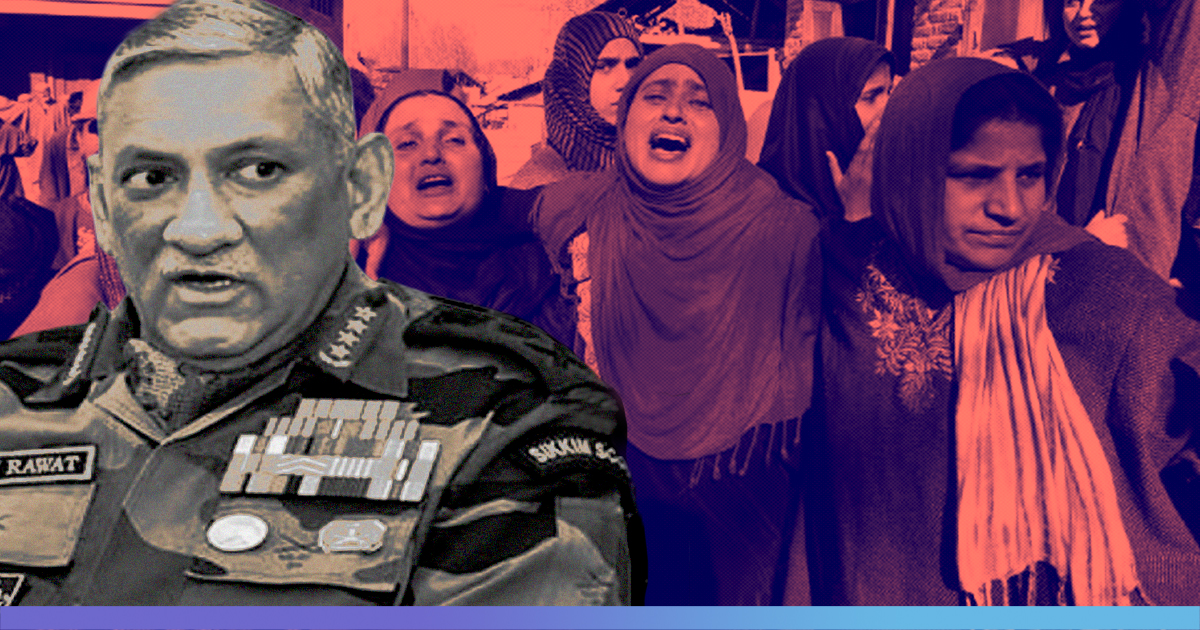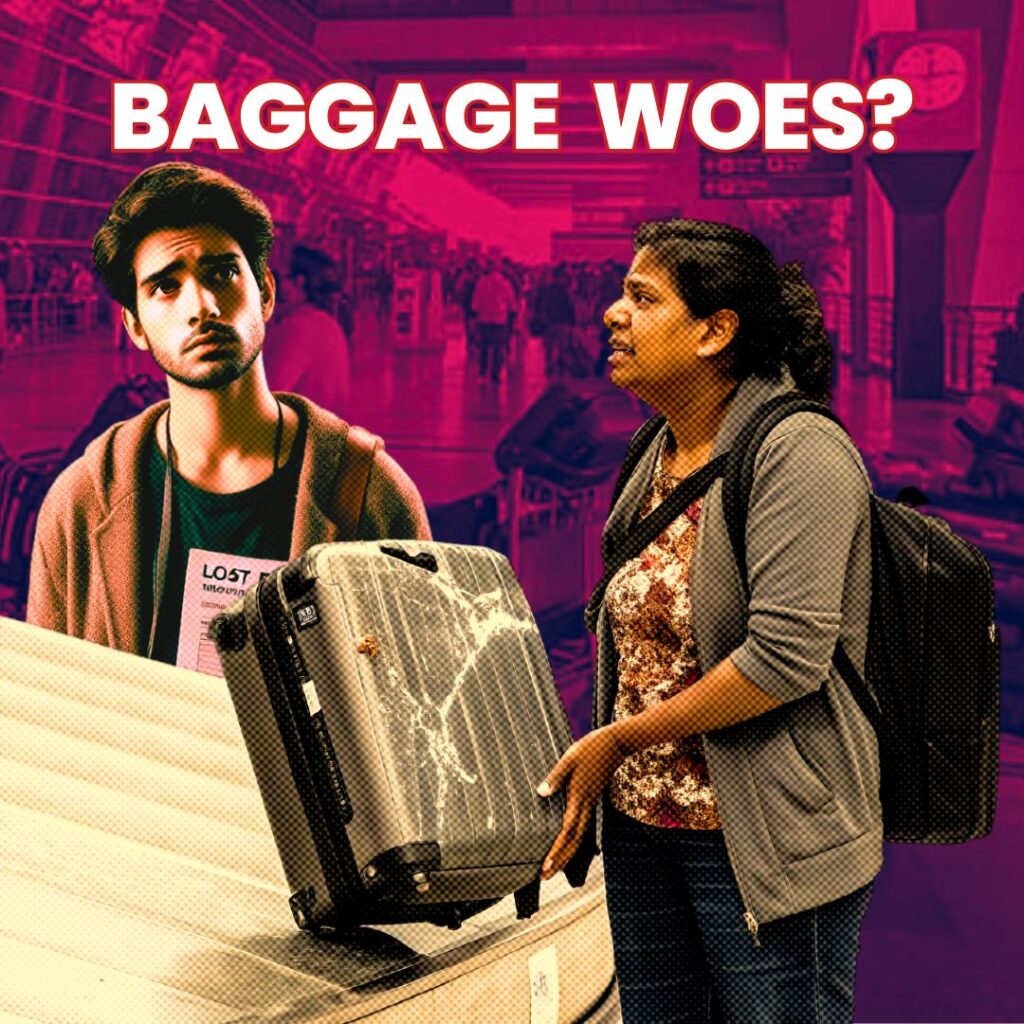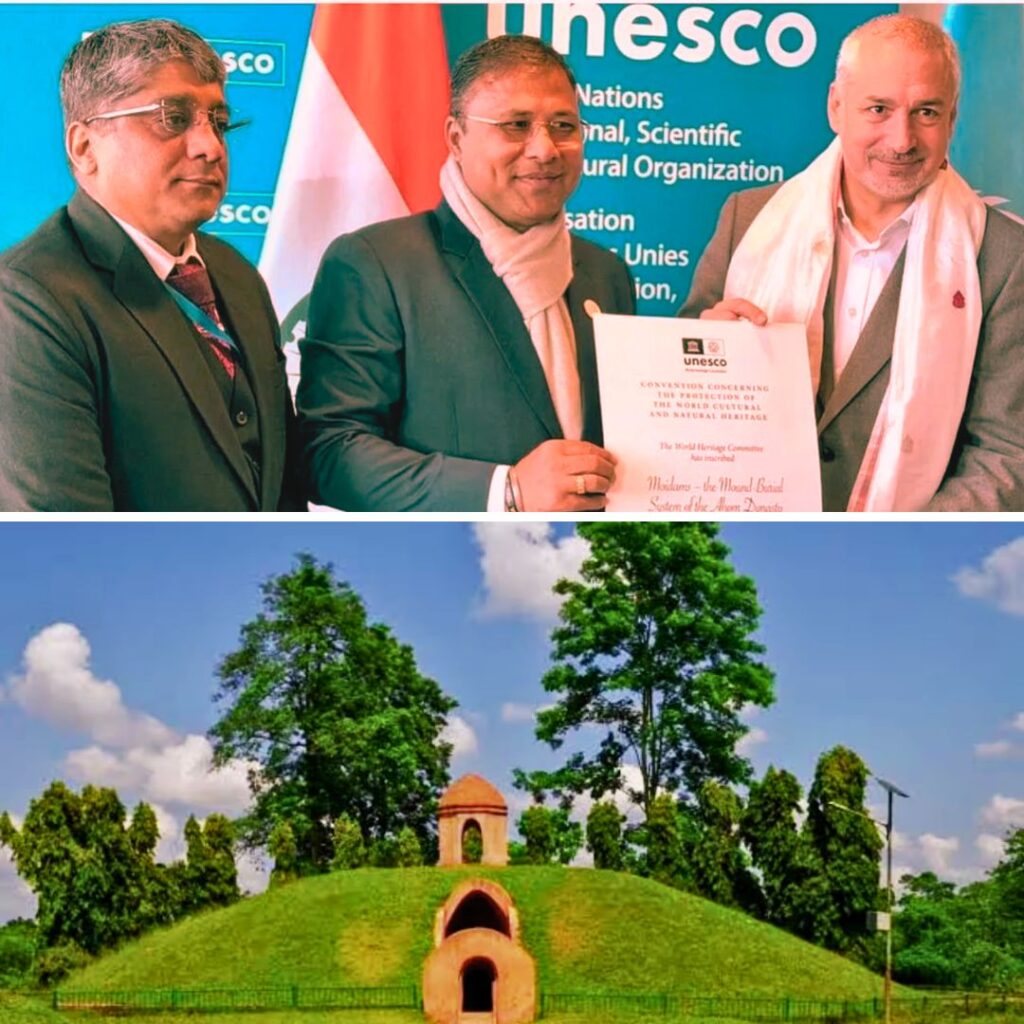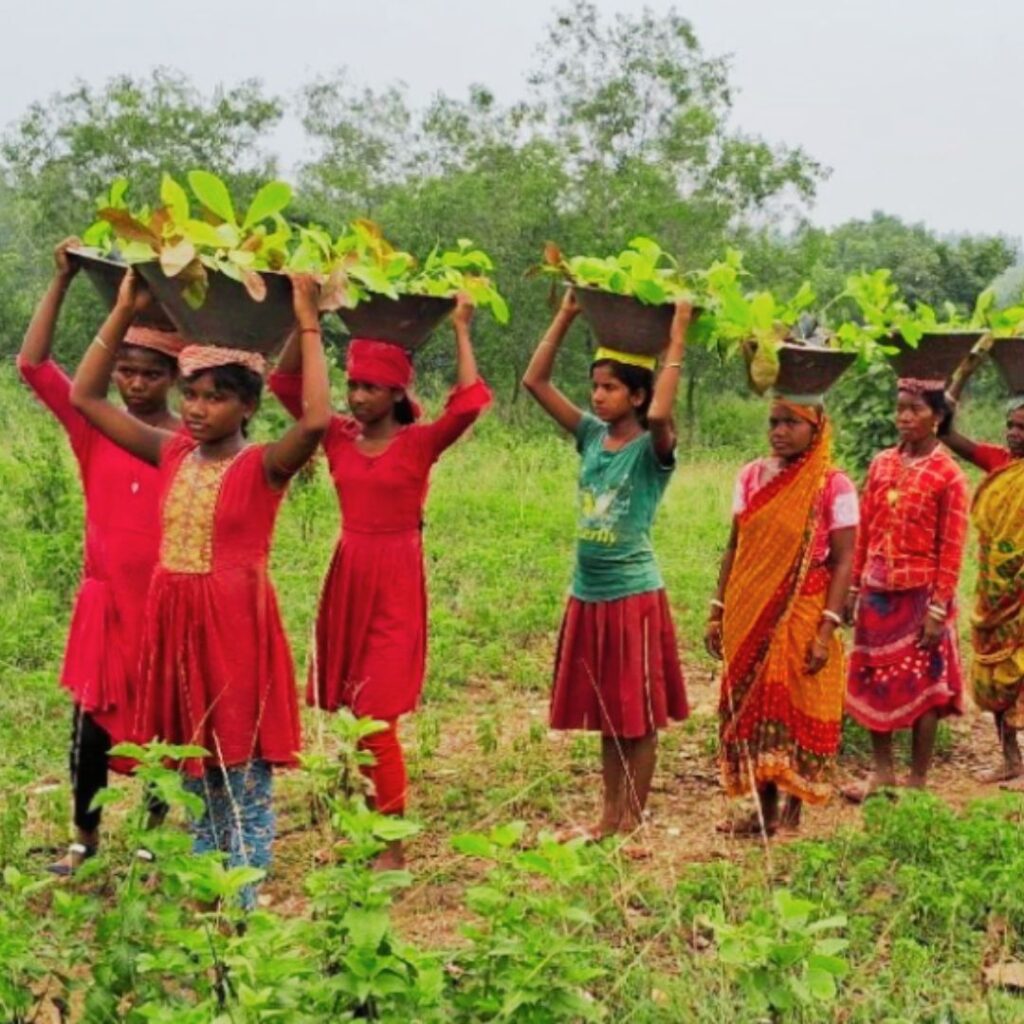Addressing a press briefing at the Officer’s Training Academy in Chennai, General Bipin Rawat dismissed that there is a clampdown in Jammu and Kashmir.
Since the revocation of Article 370 on the 5th of August, the entire valley’s telecommunication services have been suspended and Section 144 continues to be imposed.
“A façade has been created through a fear psychosis by terrorists, and they want to project to the people of Kashmir and the rest of India that harsh measures were being undertaken which is not the truth and far from reality”, he said.
CPI’s A Raja criticised the General by questioning his denial of the clampdown. “I don’t know what the Army Chief is saying. Telephones are not working. When we were there we couldn’t contact our people sitting in Srinagar”, Raja said.
Referring to the communication blackout in J&K, General Bipin Rawat said that the blackout was only between terror handlers in Pakistan and their foot soldiers in the valley. “In situations like these there will be cyber warfare between the two countries”, he said.
Contradicting his own denial of the clampdown, he said that the communication blockade was affecting Indian army officers with their decision-making as they weren’t able to reach their seniors.
“They may not be able to communicate with their senior leaders but it is at this time when their training and leadership skills will be put to the best use”, he stated.
Out of the 50,000 landlines in the valley, a large portion of them are installed at the offices of private businesses which mainly remain shut, and government offices which only became active post 19th of August. But mobile services, including broadband connections, remain severed.
The Logical Indian contacted a few Kashmiri families and found out that most households in the region don’t own landlines. “It is hard to connect to our families and we need to try at least 4-5 times on the landline number until a connection is established”, a Kashmiri settled in Bangalore told us.
“We know our calls are tapped because when my brother disclosed the details of his neighbour’s death due to tear gas, his connection was cut for three days”, he added.
Many Kashmiris settled outside of J&K have been complaining of poor landline services. The common observation made by them is that their connections were cut after they discussed the situation on the ground.
In his press briefing, General Bipin Rawat said that special provisions were made by the security forces to talk to their near ones and that the communication blackout hasn’t happened between people but between terrorists.
However, as per our sources, who we choose to keep unnamed for their security, the chances of an international call connecting to a handset in Kashmir are bleak. In most of the ‘special provisions,’ there is a disorderly arrangement of civilians and more often than not, each family gets to make just one phone call and a minute’s time to talk.
“The government offices where we can make calls are far away and getting there is not a task we can take up every day, because of the restriction on movement and the never-ending queues at offices”, a Kashmiri local with a landline connection told us.
“The clampdown is a facade being created by the terrorists who don’t want things to operate”, the Army Cheif had further stated. “Now they are saying that the shops are closed. Yes, in some cases the front shutters of the shops are closed but are we really trying to say that people are going without food, water, milk and gas?”
The Logical Indian’s sources confirmed that the lesser-privileged people and daily wage workers and labourers are struggling to access basic essentials items.
“We used to see beggars only at traffic signals or main junctions but now their visits to our homes have become normal. Almost every day, different families and groups of children who claim to have travelled from Rajouri, Poonch and Jammu, knock at our doors to collect edibles for survival”, a Srinagar resident said. “We provide food to our house help’s family because she has four mouths to feed and her husband has been rendered jobless ever since the clampdown”, he added.
Our sources agreed that resistance activists and underground militant groups are either verbally discouraging or aggressively hindering civilians who are attempting to re-open their shops. “Burning car tyres, force-shutting shops, beleaguering lone cars on roads, happens from time to time.”
The Army Cheif also touched upon Kashmir’s economic situation. “You can go to apple orchards and you can see heaps of apples that have been plucked and packed into boxes and are being transported out of the valley. So, obviously, people are coming out. The brick kilns are active. Smoke is seen coming out of the chimneys. Sand is being collected from Jhelum river.”
A lot of these claims don’t stand in tandem with the volley of ground-reports from the media.
The National Agricultural Cooperative Marketing Federation of India Ltd.(NAFED) had decided to buy all three grades of apple at an “impressive” price so as to provide a lifeline to apple growers in Kashmir, earlier in September.
Farmers from Sopore, however, a prominent town in Kashmir’s apple-growing belt, are distressed over their rotting apples. While the government-imposed restrictions have hit transportation and demand severely, the apple-growers also face the risk of being physically harmed by militants for defying their order to not conduct business.
In his briefing, the Army chief said that people can ‘go to the apple orchards and see’, but with heavy military deployment, the imposition of Section 144, the restriction of vehicular movement, and the barring of high-profile politicians by the government for visiting J&K, the possibility of observing and understanding Kashmir’s reality is conundrum for everyone living outside it.
Also Read: Amid Strict Restrictions, Valley Faces Shortage Of Essentials











